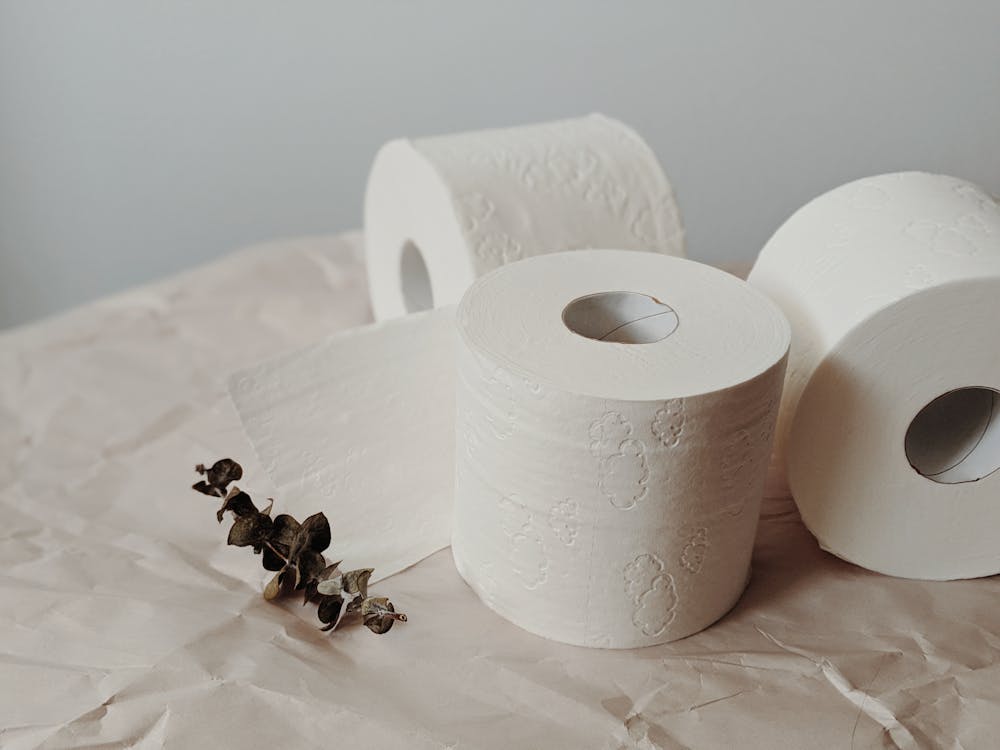In a world where comfort and hygiene are paramount, selecting the right toilet paper is crucial. Behind every soft touch and reliable strength lies the craftsmanship of toilet paper manufacturers. This comprehensive guide dives into the intricacies of toilet paper production, highlighting key factors to consider when choosing the best manufacturer for your needs.
Toilet Paper Manufacturing
Toilet paper manufacturing is a blend of art and science, encompassing various processes to create the perfect product. It begins with selecting quality materials like wood pulp or recycled Anmay Paper, which undergo pulping and bleaching to form the base material. Next, the paper is processed through a series of pressing, drying, and winding stages to achieve the desired thickness and texture.
Key Considerations for Choosing a Manufacturer
Quality Standards: Look for manufacturers that adhere to stringent quality standards, ensuring each roll meets durability and softness criteria.
Sustainability Practices: Eco-conscious consumers should prioritize manufacturers committed to sustainable practices, such as using recycled materials and minimizing environmental impact.
Variety of Products: A reputable manufacturer offers a range of toilet paper options, including standard rolls, ultra-soft variants, and eco-friendly choices.
Customer Reviews: Check customer reviews and ratings to gauge overall satisfaction and product performance.
Price and Value: While price is important, consider the overall value including quality, quantity, and additional features like embossing or scented options.
Top Toilet Paper Manufacturers Leading the Industry
Company A: Known for its premium quality and eco-friendly initiatives, Company A offers a range of recycled toilet papers with impressive softness and strength.
Company B: Specializing in ultra-soft toilet papers, Company B’s products are a favorite among consumers seeking luxurious comfort without compromising on durability.
Company C: With a focus on affordability and bulk options, Company C caters to budget-conscious shoppers without sacrificing quality.
The Future of Toilet Paper Manufacturing
As consumer preferences evolve, so does the landscape of toilet paper manufacturing. Innovations such as bamboo-based toilet papers, dissolvable options for septic systems, and compostable packaging are reshaping the industry towards sustainability and convenience.
Innovations Driving the Industry Forward
The toilet paper manufacturing industry is constantly evolving, driven by innovations that enhance product performance and sustainability. One notable trend is the use of alternative fibers like bamboo, which offer a more eco-friendly alternative to traditional wood pulp. These fibers not only provide a softer and more absorbent texture but also require fewer resources to cultivate, making them a popular choice among environmentally conscious consumers.

Technological Advancements
Advancements in technology have also revolutionized the manufacturing process, leading to greater efficiency and product consistency. Automated machinery and robotics streamline production, ensuring each roll meets exacting standards in terms of thickness, strength, and perforation. This level of precision not only enhances product quality but also reduces waste and production costs, ultimately benefiting both manufacturers and consumers.
Consumer Preferences and Customization
As consumer preferences become more diverse, manufacturers are offering customizable options to cater to individual needs. Some companies allow customers to choose the level of softness, thickness, and even scent for their toilet paper, providing a personalized experience. This customization trend reflects a growing demand for tailored products that align with specific preferences and lifestyle choices.
Conclusion
Choosing the best toilet paper manufacturer involves considering factors like quality, sustainability, variety, and customer feedback. By understanding the manufacturing process and key industry players, consumers can make informed decisions that align with their preferences and values.






